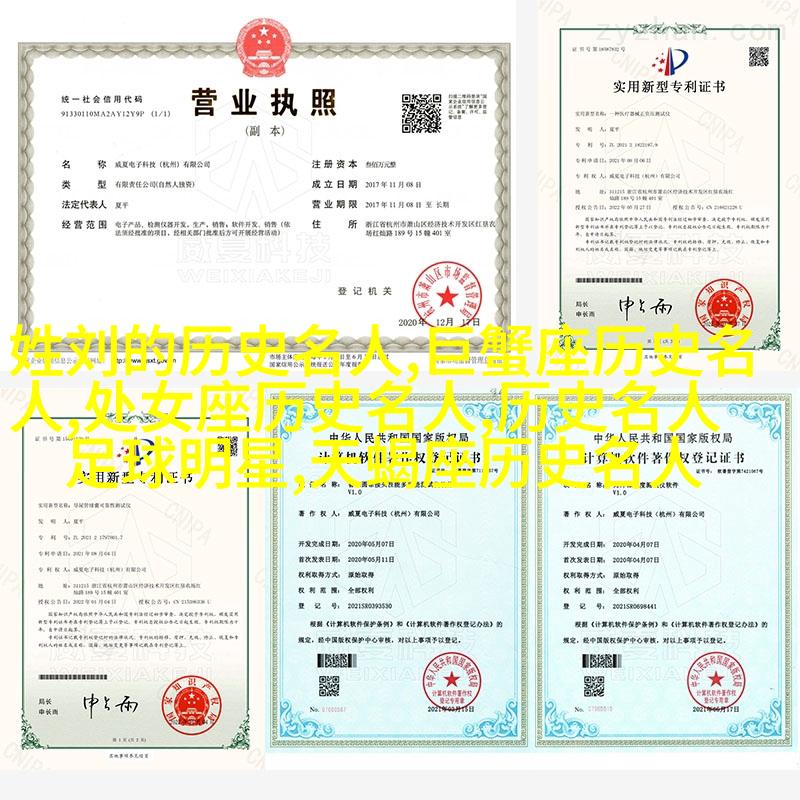
汉武帝与百家争鸣探索中国历史上的学术繁荣
一、引言

在漫长的中国历史长河中,秦朝至清朝的近两千年,是中国历史上最长的统治时期。其中,汉朝尤其以其悠久的历时和深远的影响力著称。汉武帝时期是这一朝代的一个高峰阶段,其对外扩张、经济发展、文化兴盛等方面都有着显著成就。而这期间,“百家争鸣”的学术氛围也为后世留下了宝贵的精神财富。
二、汉武帝及其时代背景

公元前141年,刘邦继位成为西汉开国皇帝刘秀,即后来的文帝。他的孙子刘骜即位后,被尊封为太上皇,他自愿隐居,让位于侄儿刘荣。但不幸的是,在他去世后的第二年,即公元前87年,由于政治斗争激烈,刘荣被迫自杀,这才使得他的侄子刘荣之弟 刘盈(即孝惠皇后的父亲)能够登基。这就是我们熟知的大行皇宫内乱事件。在这个动荡不安的情绪中,一位出色的政治家和军事将领——王莽,最终篡夺了西汉政权,并建立了新朝,即东汉。
三、“百家争鸣”中的儒学与道教

在这个过程中,“百家争鸣”的概念开始逐渐浮现,它代表了一种思想解放和竞争机制。在当时,不仅儒家的经典如《春秋》、《论语》、《孟子》等不断地被研究和传播,还有其他许多哲学思想,如道家的《老子》、《庄子》,以及法家的《管 子》等,都获得了广泛传播。
四、Han Dynasty's Confucianism and Taoism in the "Contending Schools of Thought"

During this period, the concept of "contending schools of thought" began to emerge, representing a liberation of thought and a competitive mechanism. Not only were the classics of Confucianism such as "Spring and Autumn Annals", "Analects", and "Mencius" constantly studied and disseminated, but also other numerous philosophical thoughts like Daoist works such as the "Tao Te Ching" and the "Zhuangzi", as well as Legalist works like the "Guan Zi", all gained widespread dissemination.
五、“百家争鸣”对社会发展的影响

随着时间推移,“百家争鸣”不仅局限于书本上的理论交流,更渗透到了社会各个层面,对社会产生了深远影响。它促进了解放思想,加强实践活动,使得人们从单一视角看待问题转变为多角度分析,从而提高了人们解决实际问题能力。此外,它还促进了科技创新,为国家提供了一批又一批新的科学技术成果,为国家建设奠定坚实基础。
六、结语
总结来说,Han Dynasty under Emperor Wu's rule was not only an era marked by military expansion, economic development, cultural flourishing but also an era characterized by intellectual freedom. The so-called “Hundred Schools Contention” during that time played a significant role in shaping Chinese philosophy, politics, law etc., it’s one key factor which makes Han Dynasty stand out from other dynasties in China history.



